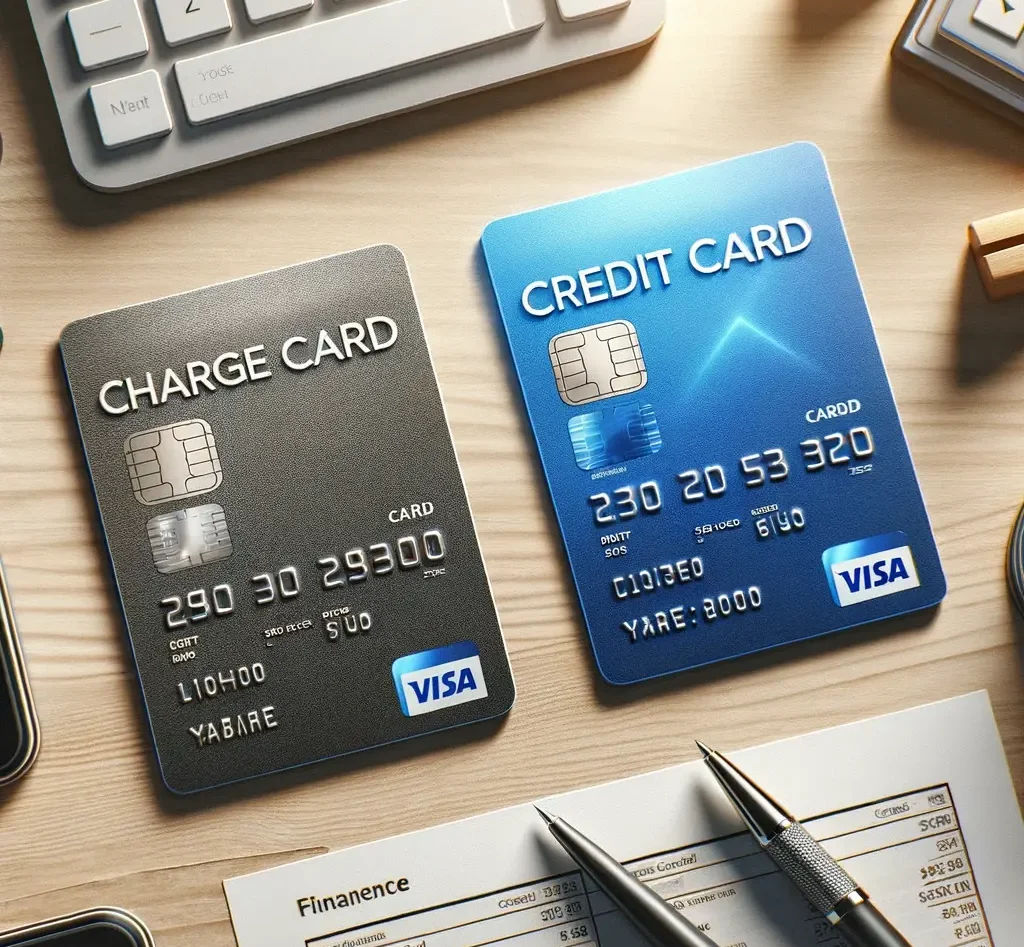
Understanding the distinctions between charge cards and credit cards can help you choose the right option for your financial needs. This comprehensive guide examines the core variances, features, usage scenarios, and more.
How Do Charge Cards and Credit Cards Work?
The primary difference lies in the payment flexibility:
Credit Cards Allow Balances to Be Carried
Credit cards permit card holders to carry a balance from month to month, subject to interest charges. This provides flexibility in repayment.
Charge Cards Require Full Payment Each Billing Cycle
Conversely, charge cards mandate that the full balance be paid each billing cycle. No long-term carrying balances are permitted.
Unique Features and Benefits

Charge cards and credit cards also differ in other features:
Reward Programs Vary Greatly
The rewards programs offered by credit cards tend to be more varied and generous compared to charge cards. Credit cards emphasize rewards as a core feature.
Interest Rates and Fees Are Lower for Charge Cards
Given the required monthly payment in full, charge cards have no interest rates. Fees are also typically lower compared to most credit cards.
Ideal Usage Scenarios
The optimal users for each card type depends on financial behaviors:
Credit Cards Suit Those Wanting Flexibility
For those unable or unwilling to pay balances in full each month, credit cards provide needed flexibility. The rewards can also incentivize usage.
Charge Cards Best for Financially Disciplined Users
For users with the financial discipline to pay balances off monthly, charge cards can provide better cash flow management. The lack of limits can also facilitate large purchases.
Impact on Credit Scores
Both card types can positively or negatively influence credit scores:
- Carrying credit card balances close to the limit may lower scores.
- Paying either card timely helps raise scores.
- Charge cards’ lack of limits prevent impact on credit utilization ratios.
Choosing the Right Card For Your Needs

Assess your financial habits and goals to select the optimal card:
Evaluate Your Repayment Discipline
If you reliably pay balances off monthly, a charge card aligns better. If you foresee needing flexibility in repayment, opt for a credit card.
Consider Both Short and Long-Term Goals
Factor in planned large purchases alongside day-to-day spending habits. Align card features accordingly.
Real-World Examples
- Jane is highly disciplined and uses her charge card for everything, benefiting from robust rewards.
- Martin prefers a credit card to manage cash flow on a variable income. The flexibility helps him avoid interest charges when needed.
Expert Tips on Deciding Between the Cards
Financial advisors generally recommend charge cards for fiscal diligence and credit cards for flexibility. Evaluate your specific circumstances carefully. Don’t overspend just for rewards.
Frequently Asked Questions
What if I can’t pay my charge card balance in full?
Late fees apply and continued issues will lower your credit score. Carrying a balance is only possible in exceptional cases after contacting the issuer.
Can I carry a balance on my charge card?
Carrying a balance month-to-month goes against the charge card model. It requires contacting the issuer and is only permitted in limited circumstances.
Do charge cards have better rewards than credit cards?
Credit card rewards are generally more plentiful and substantial. But some premium charge cards also offer excellent rewards for big spenders.
Can I upgrade from one card type to the other?
Issuers generally allow upgrading from a credit card to a charge card, but not vice versa. Check with your provider.
How does the lack of spending limits on charge cards affect my credit?
Charge cards have no limit to directly impact the credit utilization ratio. But responsible use can still benefit your credit score.
Related Information: How To Retrieve Your EBT Card Number Without The Card
